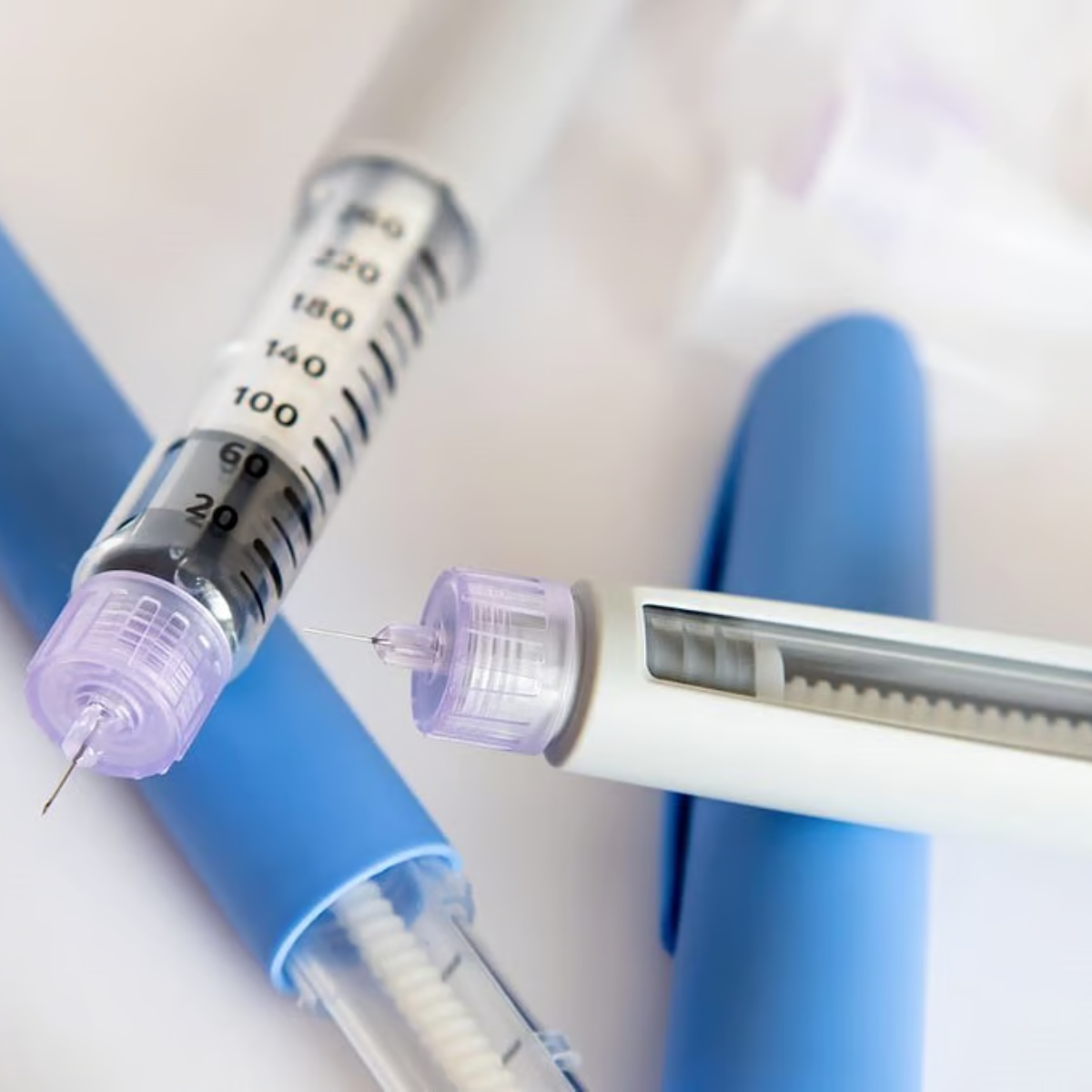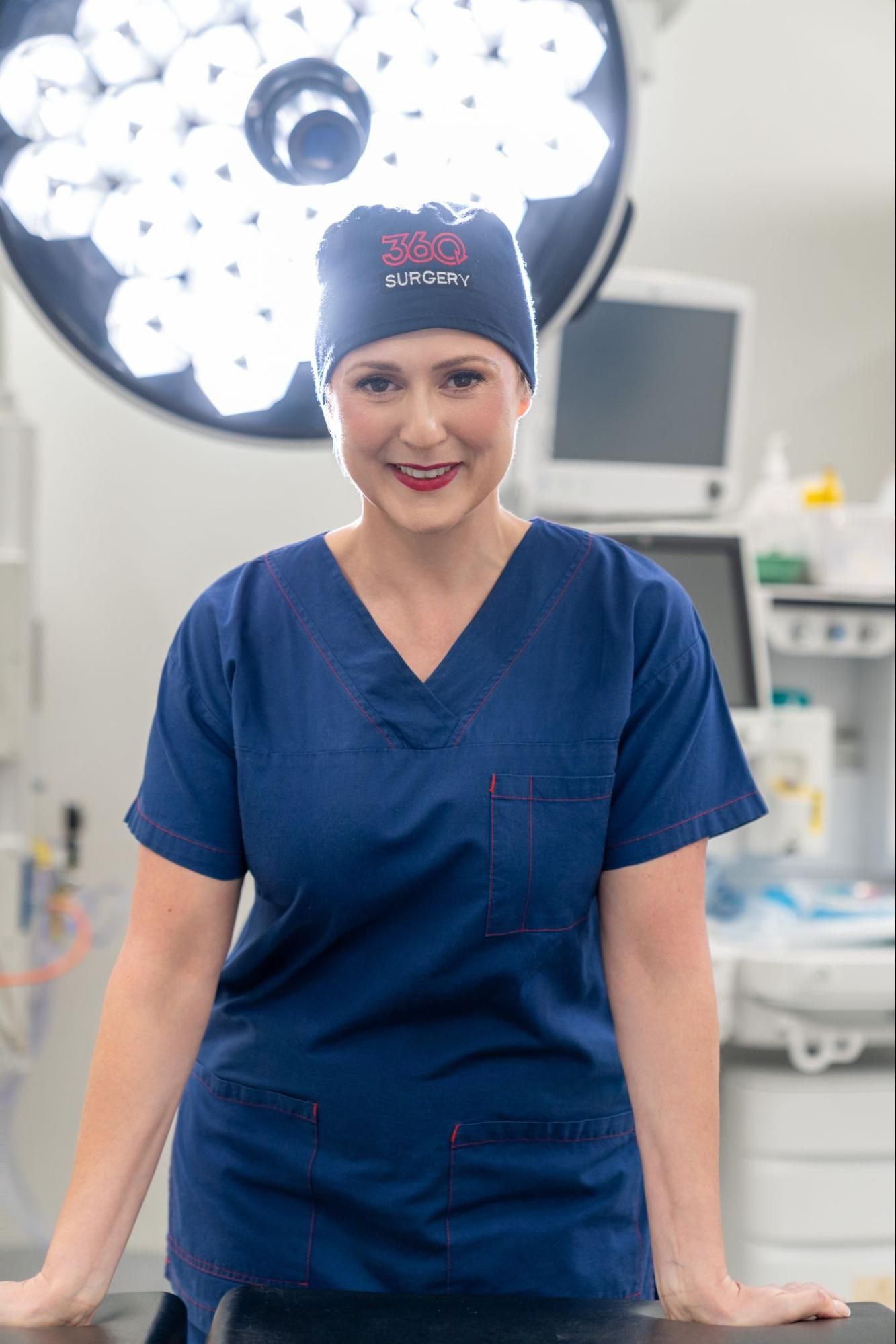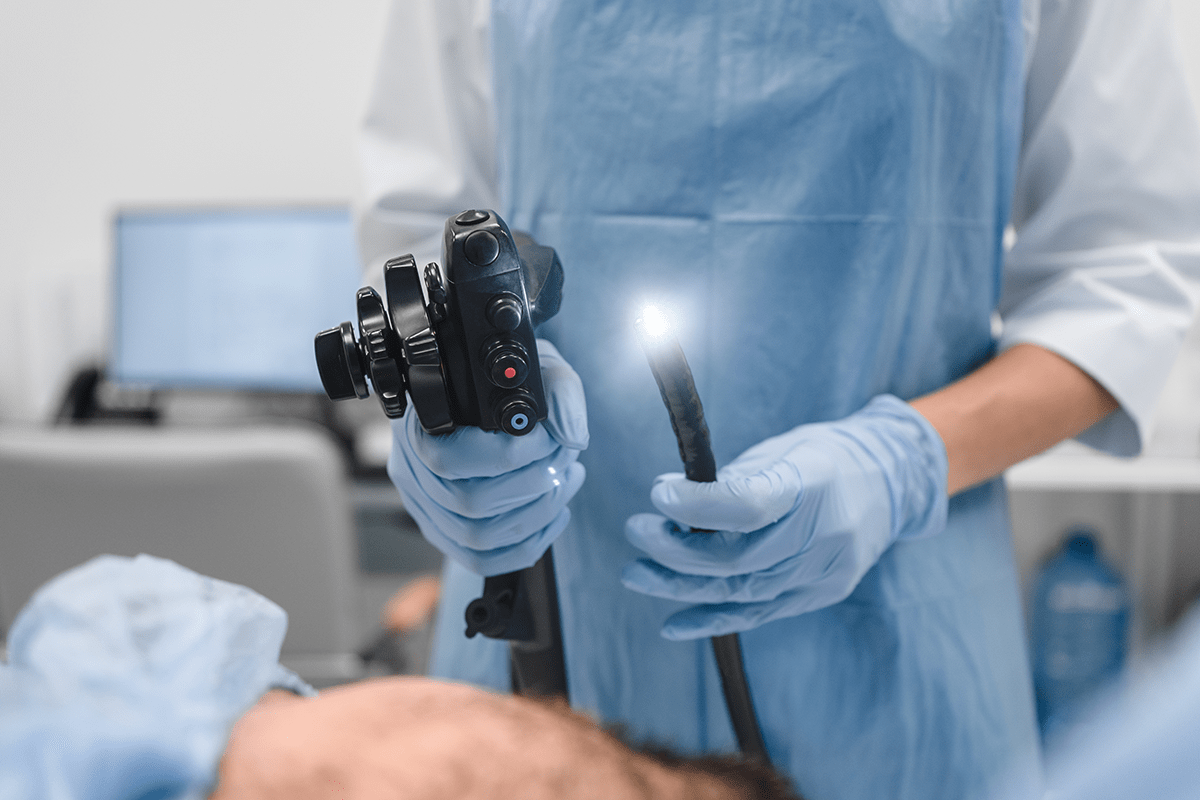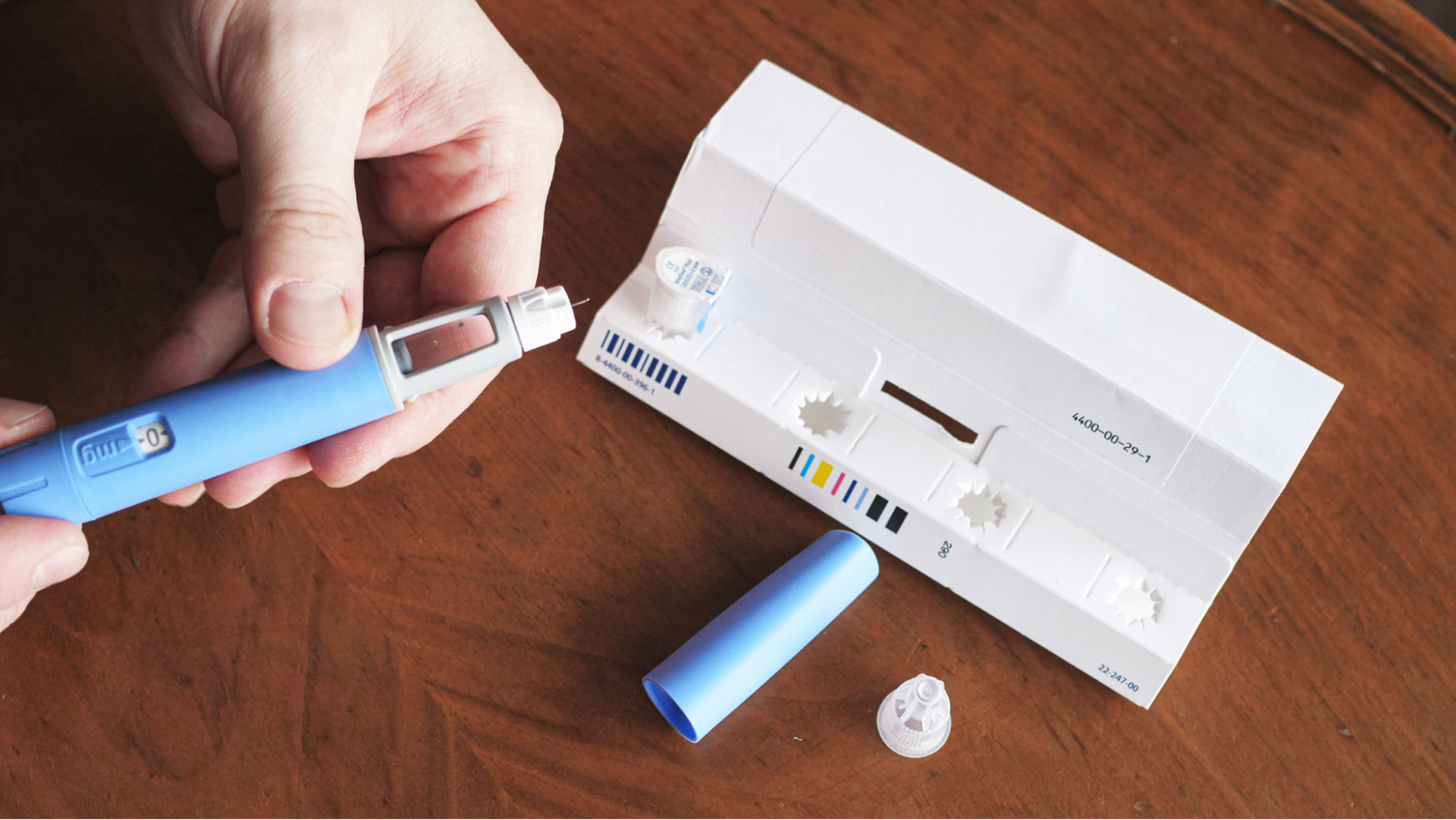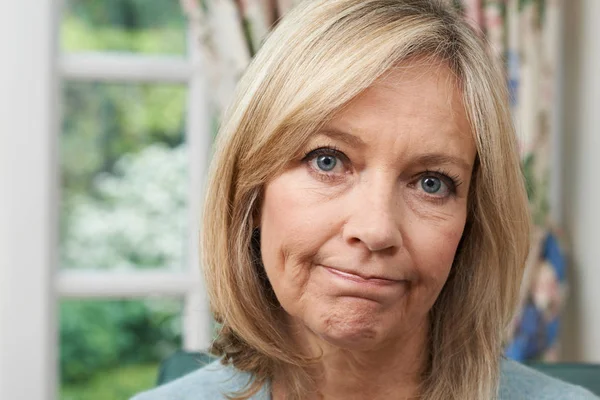The Good, The Bad, and The Ugly of Social Media After Bariatric Surgery
Social media is a big part of daily life, offering connection, learning, and support. For bariatric surgery patients, it can be a powerful tool—but it also has downsides. Let’s explore the good, the bad, and the ugly of social media and how it can impact your weight loss journey.
The Good: Support and Community
One of the best aspects of social media is the ability to connect with others who share your experiences. Bariatric support groups, such as Bariatric Support Australia, and dedicated weight loss pages offer:
- Motivation and encouragement from others on the same journey
- Accountability to stay on track with your goals
- Helpful tips on diet, exercise, and recovery
- A sense of community, reducing feelings of isolation
Many patients find these groups incredibly valuable, sharing progress photos, challenges, and advice that help others stay motivated.
The Bad: Misinformation and Comparisons
However, not everything online is helpful or true. A major downside of social media is the spread of misinformation. Some people promote unsafe practices like:
- Unverified diet trends or “pouch reset” methods
- Quick fixes that aren’t backed by science
- Medical advice from non-professionals that could be harmful
It’s essential to fact-check information and always consult your bariatric team before making changes to your diet or lifestyle.
Another challenge is comparison culture. Seeing others lose weight faster or have dramatic transformations can lead to frustration, discouragement, or self-doubt. But remember—every weight loss journey is unique, and progress varies from person to person.
The Ugly: Unrealistic Expectations and Pressure
The “ugly” side of social media is the pressure to look perfect. Bariatric patients may feel they need to:
- Post dramatic before-and-after photos
- Show only rapid weight loss success
- Downplay challenges or complications
This can create unrealistic expectations, leading to anxiety or disappointment if your progress doesn’t match what you see online. Social media is often a highlight reel, not the full story.
Using Social Media Mindfully After Bariatric Surgery
Social media can be a valuable tool in your weight loss journey—but only if used wisely. Here’s how to keep it positive and productive:
- Follow credible sources for accurate information
- Engage with supportive communities that inspire and motivate
- Limit comparisons—focus on your own progress
- Take breaks if social media is causing stress or negativity
By using social media mindfully, it can be an empowering resource rather than a setback in your post-surgery journey.

